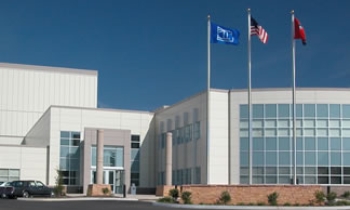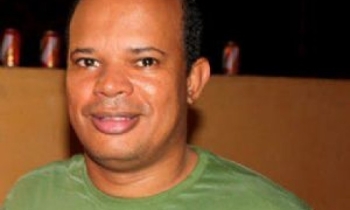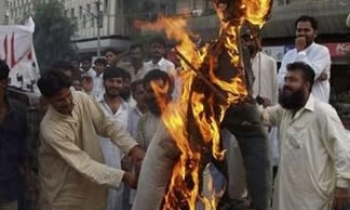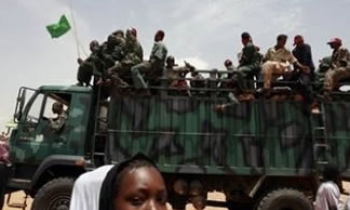Independent journalists in many countries throughout the Americas continue to face violence, government harassment and an array of legal attacks that have constrained their abilities to exercise fully their rights to free expression, the Inter-American Press Association (IAPA) has concluded during its annual mid-year meeting.

The IAPA met in Quito, Ecuador, on March 17-20, when more than 400 representatives from media outlets in the region reviewed the situation of the press in the Americas.
The anti-media attacks were most violent in the northern states of Mexico, where in recent weeks drug-trafficking gangs brazenly assaulted the office of El Ma�ana in Nuevo Laredo with machine gun fire and a grenade explosion that left one reporter crippled. In a separate attack, Jaime Arturo Olvera Brava, a police reporter for La Voz in La Piedad, was shot to death while walking to a bus station with his young son.
Such assaults have forced journalists in the region to stop reporting on criminal gangs, a spreading self-censorship that has become an increasing concern along the Mexican-United States border. An IAPA-backed programme, Project Phoenix, is being launched to assist news media there in combating organised crime rings.
Elsewhere in the Hemisphere, three journalists have been murdered within the past six months and another is missing and presumed dead as a direct result of their work.
In Venezuela, the government of President Hugo Chavez has been increasingly effective in harassing and punishing the independent news media through the use of arbitrary taxation, mob intimidation and implementation of a so-called Law of Social Responsibility for Radio and Television that characterises dissent as tantamount to criminal conduct. Under that law, the country's four broadcast networks and 200 radio stations operated "in service to the state," according to the president, who also appears on average about 40 hours each week on television.
Venezuela's judiciary, for the most part, has been brought under the control of the executive, making it impossible for the independent news media to find redress for its concerns through legal steps. Several Venezuelan journalists'association, as well as such international organisations as Reporters sans Frontières (RSF), Human Rights Watch and the OAS Inter-American Commission on Human Rights, have issued formal declarations of concern about the erosion of free expression in Venezuela.
Cuba remains the Hemisphere's most repressive nation with little prospect for change under the regime of Fidel Castro. Currently, 25 independent journalists are imprisoned, typically in such deplorable conditions that some have undertaken hungerstrikes in the hope of gaining attention. Another, lawyer-journalist Mario Enrique Mayo, was released to house arrest only after he used a homemade knife to mutiliate himself in an attempt to get medical attention. The ranks of Cuban journalists in prison include the first female, Lamasiel Gutierrez Romero, who was taken to Manto Negro Prison in Havana when she refused to discontinue working as an independent journalist.

Although the news media continue to carry out their public-service missions robustly in other countries, individual newspapers and journalists have faced a variety of direct and indirect efforts by government, politicians and powerful interests to constrain them.
In Argentina, President Nelson Kirchner has stepped up his hostility to independent media employing verbal denunciations and governmental power – raising taxes on and withholding government advertising from newspapers and media companies – to punish critics. Similar attacks have occurred in Paraguay, Uruguay and, in only a slightly more subtle way, in the United States, where the Bush administration has challenged media efforts to obtain public information and reporters have been asked by federal prosecutors to divulge sources.
IAPA said it continued to be concerned about the inability or unwillingness of some governments to investigate, prosecute and punish those who have perpetrated crimes against journalists, including abduction and murder. In Brazil, among other cases, a police investigation into the murder of a television host, Edgar Lopes de Faria, was closed because the police said they lacked leads.
The impunity problem appears most severe in northern Mexico where drug gangs have killed, kidnapped and assaulted journalists – and police – without check. Haitian journalists also have endured in a climate of insecurity as the result of a limited or non-existant criminal-justice system.
The positive note came from Colombian Vice President Francisco Santos who announced February 9 the creation of a special federal unit for the purpose of streamlining investigations into threats and attacks against journalists. There has been an increase in such actions in recent months, Santos said.









